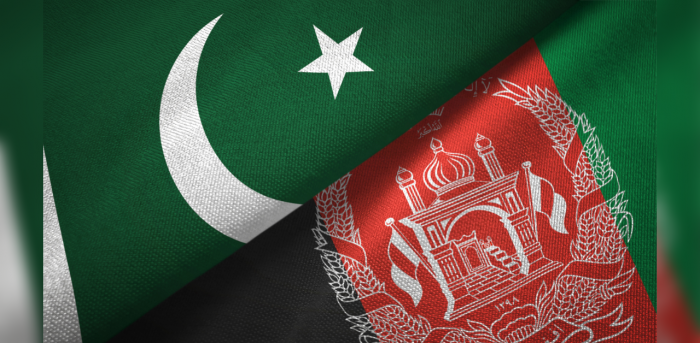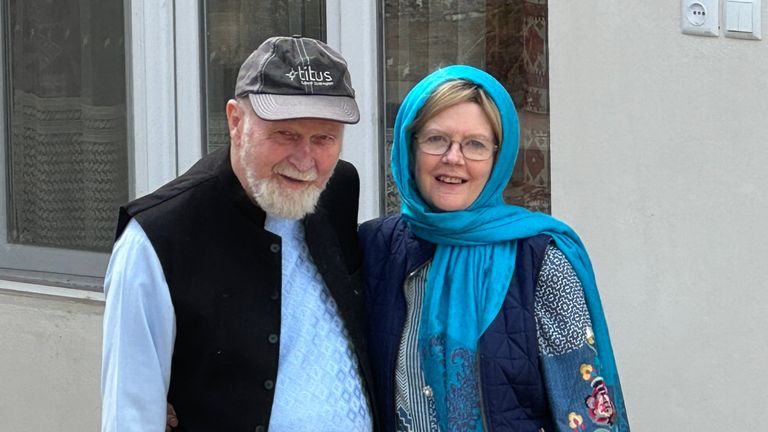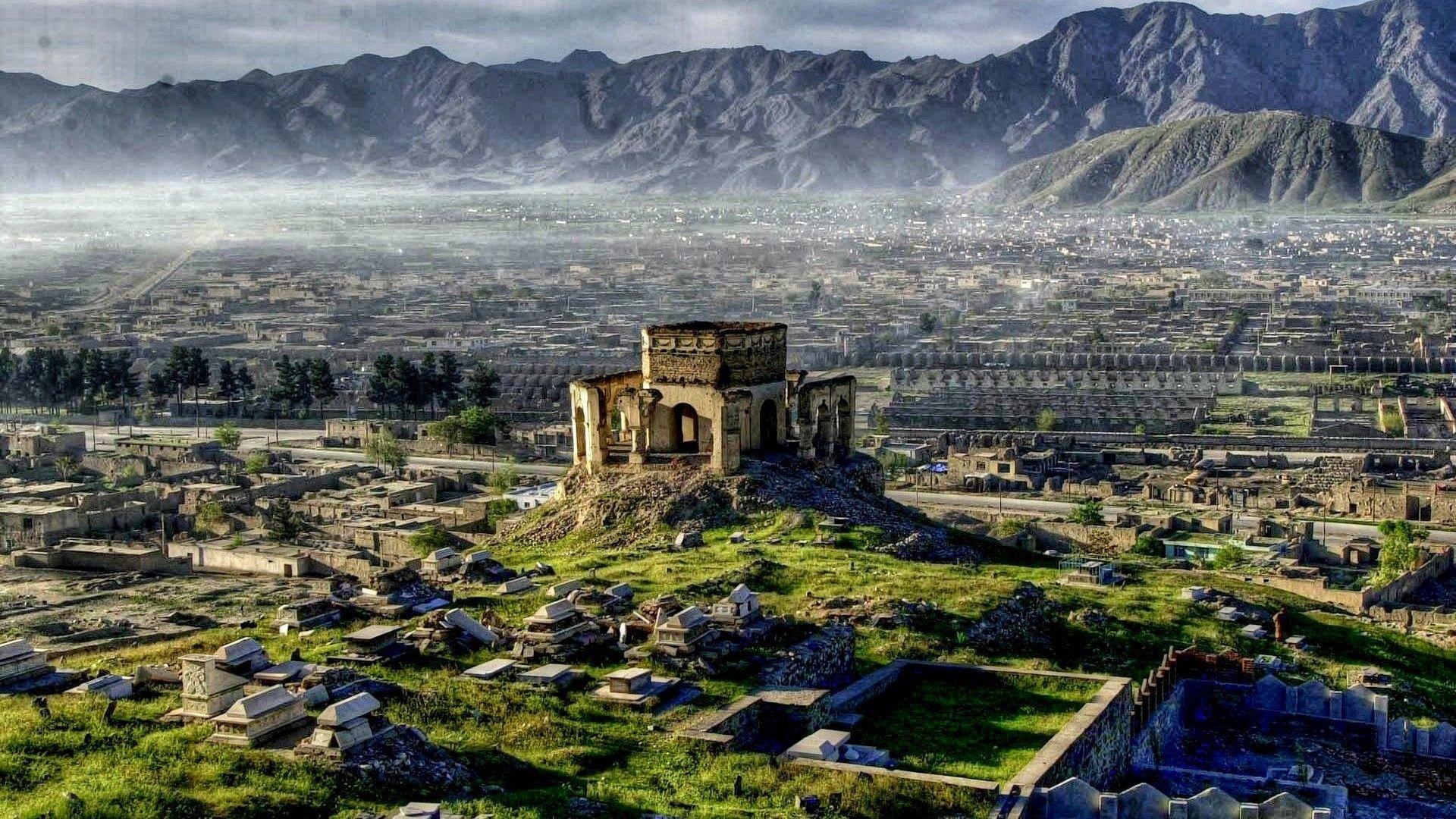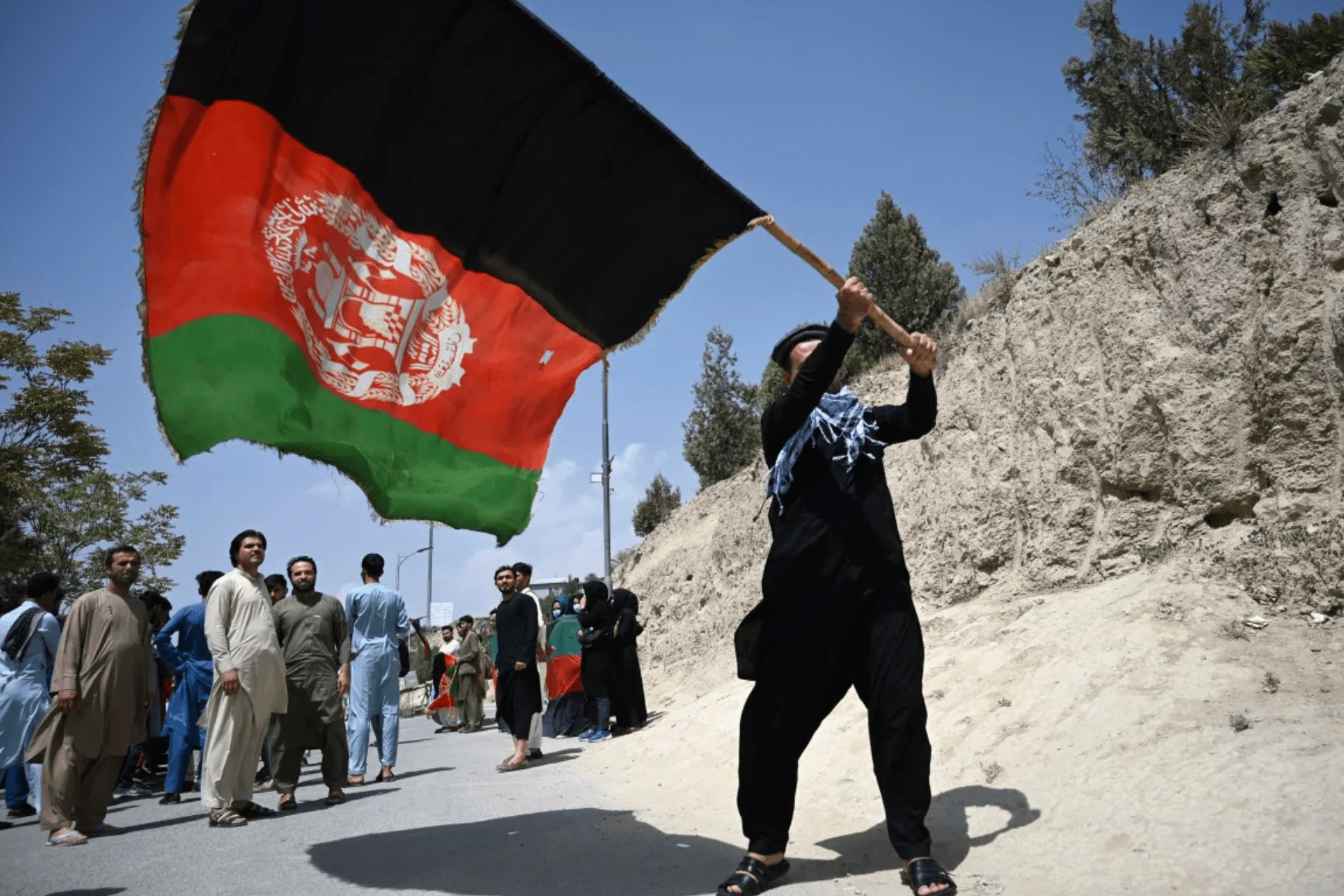Kabul Must Keep An Eye On Pakistan

It’s no secret that for years Pakistan has used terrorism in the region as part of their foreign policy leverage to pursue their geostrategic milestones. It has played both sides of the equation when it comes to war on terror. As highlighted by the recent USIP report titled “Afghanistan Study Group”, ever since 9/11 Pakistan has on the one hand taken billions of dollars for hosting American logistical presence in the country and on the other hand they have been supporting Taliban in their war against the Afghan government as well as International Forces. Looking at the last two decades specifically one wonders why the US has not pushed Pakistan substantively and constantly enough to give up on their duel game. Given Pakistan’s incessant support for Taliban, it’s quite obvious why the war in Afghanistan has dragged on for this long and why Taliban has survived to advance their destructive role.
Ever since the start of recent Peace Talks, Pakistan has positioned itself to manipulate these talks to their own advantage as they have enough influence over one side of the negotiating team, the Taliban. In terms of foreign policy, in a range of recent political talk shows within Pakistan, the country’s top security and political players have gloated about how the Afghan Peace talks is their best leverage to be utilized in their dealings with the new Biden Administration. Given Pakistan’s control over Taliban, the United States expects and relies on Pakistan’s support for the talks to be successful which will accelerate America’s plan to depart from Afghanistan. In return Pakistan’s government and establishment calculates to gain much more from the US including things like economical and security support, assist Pakistan come off the Financial Action Task Force (FATF) grey list as well as avert any kind of pressure from the new US administration vis-a-vis human rights and the recent clampdown on freedom of press. Pakistan is essentially exploiting the Afghan Peace talks as a major bargaining power over the United States. It remains to be seen whether the new Biden Administration will entertain Pakistan’s geopolitical shenanigans.
If Pakistan’s relation with Taliban was ever in doubt, it was fully exposed in a recent visit by Taliban’s top negotiator Mullah Baradar and the rest of their leadership to Pakistan during a lull in Doha talks. Mullah Barader visited a hospital in Karachi to pay homage to his fellow Taliban fighters who were wounded in the battlefield and then being treated in Pakistani hospitals. The visit was also an opportunity to brief and bolster moral courage of the Taliban under the pretext of how the Taliban won’t compromise on anything that would be unacceptable to their ground troops. When the talks in Doha are on hold, Taliban leaders visit their families in Pakistan fully protected by the Pakistani security forces. No one is under any illusion that Pakistani establishment has a significant amount of control over Taliban and hence most of the messaging and instructions to Taliban would be to negotiate a deal with the Afghan government that is in no way a threat to Pakistan’s insecurities in the future. Pakistan would be hedging their bets on a dominant Taliban presence in a future Afghan government if the peace negotiations were to be successful. That would allow them to tackle their archenemy, India. Pakistan’s biggest nightmare is a Kabul government that’s close to India. Strategically Taliban would be instrumental in Pakistan’s effort to thwart any Indian presence in Afghanistan.
Whilst the peace talks are still in progress, the current Afghan government will have to use all its diplomatic resources to keep a close eye on Pakistan’s foreign policy posturing to avoid any Pakistani (mis)adventure of manipulating the talks in Doha for its own liking. This can be done through a coherent & coordinated proactive diplomacy between the Afghan missions in Islamabad, Doha and Washington. Our history of 90s teaches us that reconciliation and post-conflict resolution can come at a huge cost of further chaos and decay if we don’t protect ourselves from foreign interference.
Peace Talks must become Afghan led and Afghan owned in the true sense as the future of Afghanistan depends on it. We cannot let the talks to be exploited by our neighbours for their own strategic goals. Suffice to say, it’s in the best interest of Afghanistan to dissipate any foreign malign agenda whilst we are navigating through the most delicate period of our history.
Bilal Nikyar
Political Analyst
- 2021 Feb - 07







